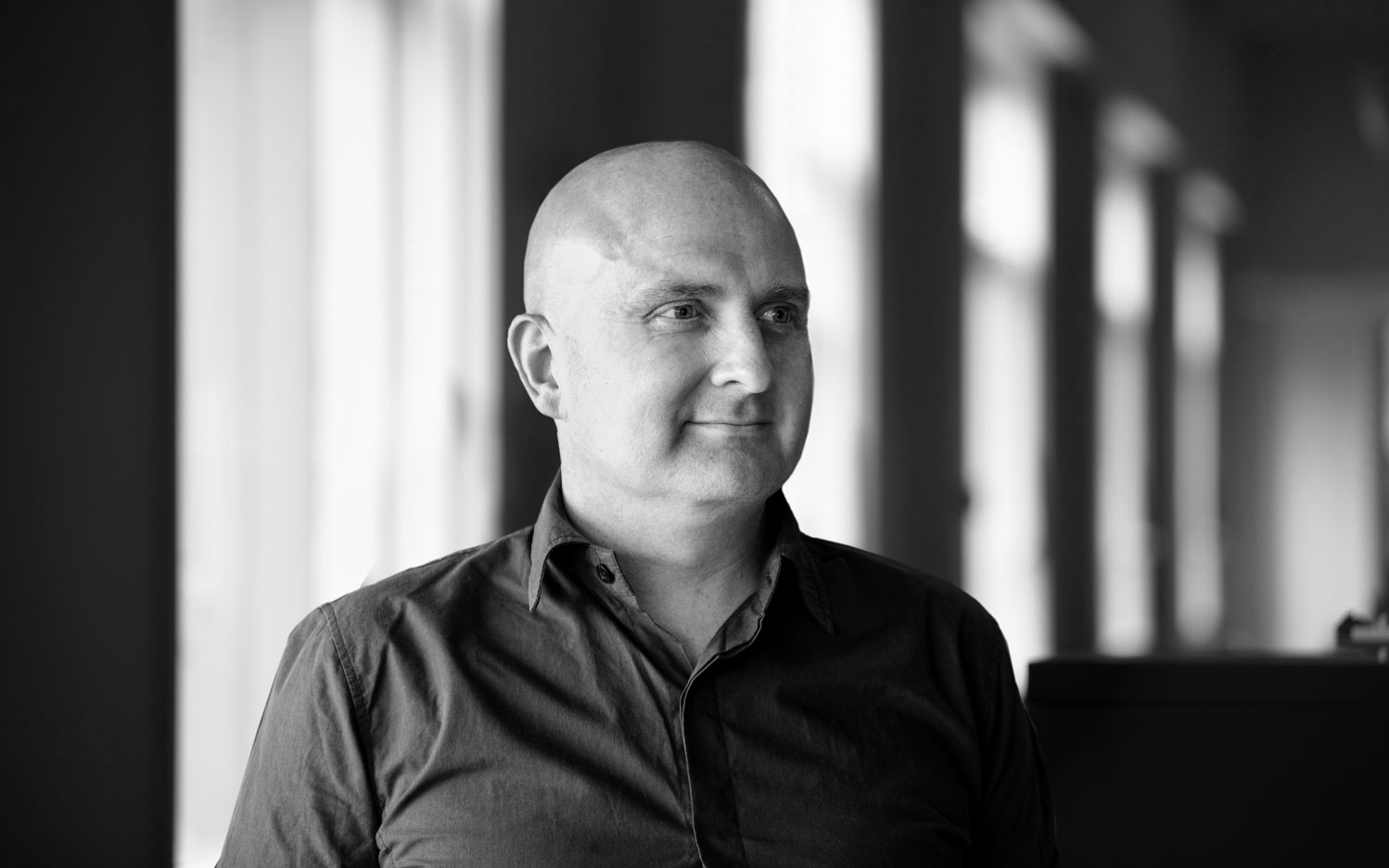David Tordoff and David Kelly highlight the importance of being adaptable and flexible, continuing to hone architecture skills and gain experience in a variety of places.

David Tordoff
David Tordoff is a Director at Hayball and a member of the Architects Champion of Change group.
Economic downturns & lessons learned
The construction industry is always on a slightly different cycle than the economy as a whole. It is impacted by longer lead times, larger capital investments, and Government stimulus or Government policy impacting some sectors but not others.
The net impact is a general lag when the economy downturns. Quite often we see a more gradual but sustained decline that is out of step with the economy as a whole. Any decline is often very sector based.
I come from a family with a history in construction (not architecture specifically). Over time, cycles repeat. The construction industry seems to run in 10-year mini cycles within an overall 30-year cycle.
Opportunities for the profession
The profession is changing. Full commissions are less common. We are now seeing partial commissions becoming increasingly frequent (e.g. commission only to SD or taking someone else’s project over at DD), particularly with government clients, which is really disappointing. However, the opportunity here is to be more nimble and specialist in the service that is offered.
The profession & your future
Every sector and work type is impacted in cycles, just slightly differently to architecture. Don’t choose a career on the basis of these cycles. Do something because you love it.
Gaining employment
Be passionate about what you do. Be adaptable to change. The first time you are asked to do something new, jump at it with gusto. The third time, reflect on whether this is something you enjoyed and want to continue with, but at least try and gain a deep knowledge of the task first before deciding.
Working in aligned fields, further study and building skills
Architecture is very broad; we are generalists. This gives us great opportunity to specialise in other areas that might interest you, ranging from research, design, management, finance, business development, etc. It’s a great springboard to specialise in other sectors (or areas of the profession).

David Kelly
David Kelly is a Principal at BVN in Brisbane.
Economic downturns & lessons learned
I was unlucky enough to encounter two recessions when in Uni in the 1980s in Ireland, and then one in the early 90s in Australia. But I was lucky enough to have jobs throughout. The Irish experience was grim at the time. But it did lay the foundations for the Celtic Tiger years in the 90s.
A lot of younger architects set up their own small practices and relied on competitions and a series of self-promoted design proposals to explore ideas, particularly around repairing the urban fabric of Dublin – some of these became the basis for real developments such as the well-known Temple Bar rejuvenation, as well as many of the developments in Dublin’s docklands.
Opportunities for the profession
Working from home has strongly demonstrated that flexibility and remote working can be effective and productive and that physical presence isn’t essential – either within project teams, or with clients. It’s a little too early to predict any significant changes.
The profession & your future
With the benefit of a lot of hindsight, the architecture profession is characterised by waves of higher and lower activity. During the GFC, and also in other slight downturns, I have had to tell people that they were being retrenched – a horrible experience. But in the vast majority of cases those affected have rebounded and prospered. Sometimes the jolt is a big positive step forward.
It’s important to remember that most downturns are relatively short in duration. The important thing is to try and maintain skills and to be flexible – it’s much better to be working in a position that isn’t your ideal, but which maintains your skills and reduces gaps in your CV.
Gaining employment
Be flexible in what you are looking for – the job you are applying for may not be ideal, but consider it a stepping stone. Try and get the most experience out of what you can do. With a lot of competition for limited places, ensure that you are fully prepared for interviews, demonstrate enthusiasm and interest. Work carefully on your portfolio and be clear and honest about what your role in projects has been. Use your network where you can – word of mouth is often a better way to track down jobs.
Working in aligned fields, further study and building skills
If jobs in architecture are difficult to find, try for something in related fields. If construction is still busy, get experience on-site – this can be invaluable experience. Consider further study and education if you can and broaden your skills. But above all, maintain and hone your architecture skills – enter competitions, set yourself design projects.




















